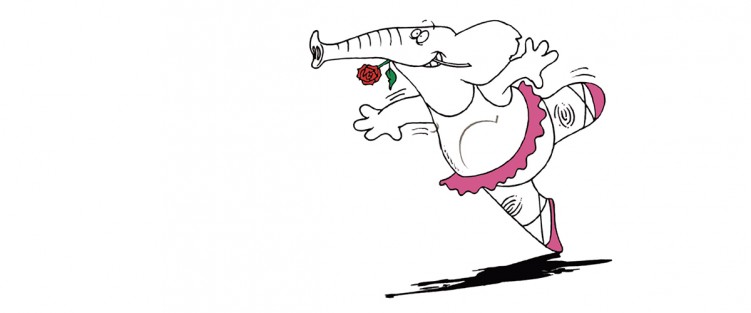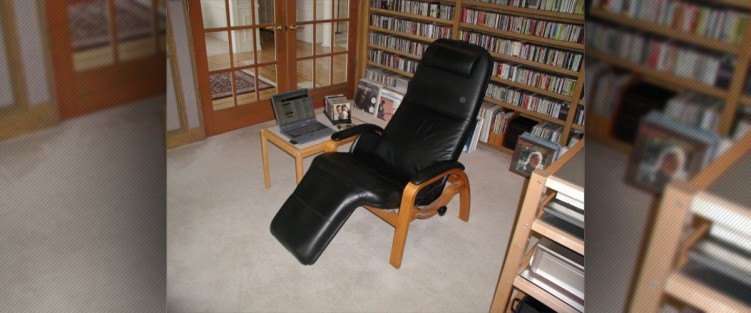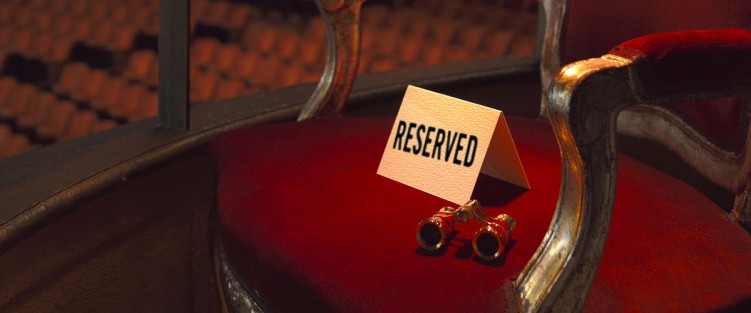COVID’s Metamorphoses
 I think it’s becoming clear that, at least here in North America, the unimaginable is going to be a reality.
I think it’s becoming clear that, at least here in North America, the unimaginable is going to be a reality.
There just aren’t going to be any major live performing arts events for us to go to for a year. Maybe longer. The Toronto Symphony has cancelled its entire planned season; Music Toronto the same. The COC has cancelled its productions at least until January, as has the National Ballet. No Nutcracker in Toronto for the first time since 1955.
But the shade of the pandemic hasn’t just denied us opportunities to witness performances. Beyond all the artistic and financial consequences of the virus, three major musical organizations in Toronto in the midst of institutional renewal have had those plans severely upended. Gustavo Gimeno will have to wait a year before he can conduct the TSO as its new music director from the podium in Roy Thomson Hall. The next general director of the COC, to replace Alexander Neef in September 2021, might not have a season to produce for some time, and the fascinating new spirit that Elisa Citterio has brought to Tafelmusik has been forced into relative hibernation just as it was blossoming. The virus burrows deeper and deeper into our lives as it continues unabated.
And so it is becoming clearer that the long-term effects of the disease are taking on increasingly radical proportions. We have underestimated the significance of the pandemic repeatedly since it first made its appearance. We continue to do so, and I shudder to think what will happen when a second wave of the virus comes smack up against our regular flu season. With each passing day, the potential for the virus to seriously disrupt and change central aspects of our lives increases. We’re not going back to normal, I think. That normal is a thing of the past.
So what might that mean for classical music?




